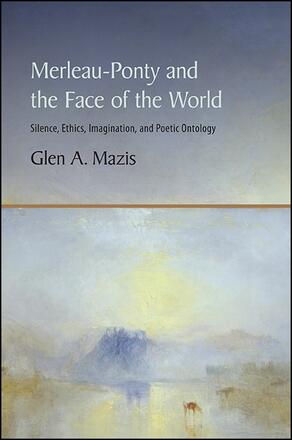
Merleau-Ponty and the Face of the World
Silence, Ethics, Imagination, and Poetic Ontology
Alternative formats available from:
Assesses Merleau-Ponty’s contribution to ethics as calling for a poetic interplay between perception and imagination, and between silence and solidarity, that reveals our place in the world, and our obligations to ourselves and others.
Description
Before his death in 1961, Merleau-Ponty worried about what he saw as humanity's increasingly self-enclosed and manipulative way of experiencing self, others, and the world—the consequences of which remain apparent in our destructive inability to connect with others within and across cultures. In Merleau-Ponty and the Face of the World, Glen A. Mazis provides an overall consideration of Merleau-Ponty's philosophy that brings out what he sees as a corrective prescription for ethical reorientation that is fundamental to Merleau-Ponty's thought. Mazis begins by analyzing the key role that silence plays for Merleau-Ponty as a positive, powerful presence rather than a lack or emptiness, and then builds on this to explore the ethical significance of the face-to-face encounter in his thought as one of solidarity rather than obligation. In the last part of the book, Mazis traces the development of what he calls "physiognomic imagination" in Merleau-Ponty's work. This understanding of imagination is not fancy or make-believe, but rather brings out the depths of perceptual meaning and leads to an appreciation of poetic language as the key to revitalizing both ethics and ontology. Drawing on Merleau-Ponty's published works, lecture notes, unpublished writings, and the work of many phenomenologists and Merleau-Ponty scholars, Mazis also offers incisive readings of Merleau-Ponty's work as it relates to that of Antoine de Saint-Exupéry, Gaston Bachelard, and Emmanuel Levinas.
Glen A. Mazis is Professor of Philosophy and Humanities at Penn State Harrisburg. He is the author of Earthbodies: Rediscovering Our Planetary Senses and Humans, Animals, Machines: Blurring Boundaries, both also published by SUNY Press.
Reviews
"Mazis has written an ambitious, highly interesting, and cohesive book that introduces an often-missed element of the philosophy of Merleau-Ponty in an easily readable form. " — Journal of Phenomenological Psychology